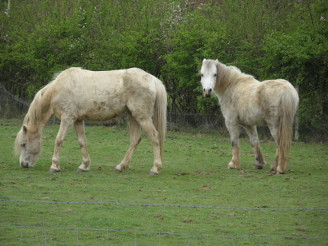The US Court of Appeals has rejected the case moved by trade groups representing major US, Canadian and Mexican meat producers, aimed at challenging the labelling rules established by the United States Department of Agriculture (USDA) that make it compulsory to show where animals are born, raised and slaughtered.
Such rules are intended to inform consumers about the origin of the meat products they are buying and to help them make informed choices, such as avoiding meat from animals that have been transported alive over long distances only to be slaughtered at destination.
The meat producers who initiated the legal case argued that the USDA labelling requirements violated their First Amendment rights by forcing them to issue statements against their will, but the Court ruled that the government’s interest in providing consumers with information was legitimate.
The Country of Origin Labeling rules, or COOL, were adopted in May 2013 and took full effect in November last year.
This is another blow for some of the American meat companies, which over the last few years have been trying to pursue legal or legislative avenues, such as ‘ag-gag bills’. Such bills effectively block anyone from exposing animal cruelty, food-safety issues, poor working conditions, and other problems in factory farms, by banning the taking of photos or videos at a factory farm without permission. They essentially make it a crime for an investigator to get work at a factory farm, or require mandatory reporting with impossibly short timelines so that no pattern of abuse can be documented.
It is important to remember that not all meat producers support these attempts to keep the public unaware of what they are buying. Clearer labelling and investigations are not to be feared by those companies that comply with animal welfare standards established by law, which in some cases are already too basic to offer decent treatment to farmed animals.
Some farmers have also openly supported the establishment of new rules – like the ones approved by Kentucky in March – that ban some systems inherently incompatible with animal welfare, such as veal crates.
The American meat producers that brought the case have announced that they will evaluate their options moving forward. Also pending is a complaint about the rule by Canada and Mexico before the World Trade Organisation (WTO).
You can read a comprehensive article about the ruling of the US Court of Appeals on the Bloomberg Businessweek website.


